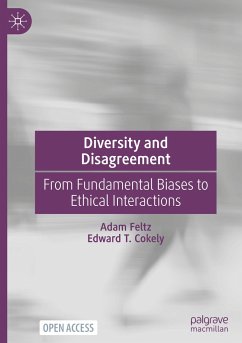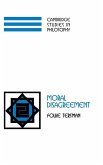This book details the discovery and exploration of one of the major scientific revelations that has emerged from the field of experimental philosophy-i.e., that heritable personality traits often predict philosophical diversity and disagreement, and may help explain fundamental philosophical biases. Adam Feltz and Edward T. Cokely provide historical and personal perspectives on this differential approach within experimental philosophy and discuss how theoretical considerations and insights have started to have practical impact on practice in risk communication, law, medicine, public policy, and engineering (e.g., science for informed decision making; the ethics of choice architecture and nudges). The main goal in this book is to provide a theoretical framework for understanding variation in fundamental philosophical intuitions and how that variation informs ethical interaction theory.
This is an open access book.
This is an open access book.








